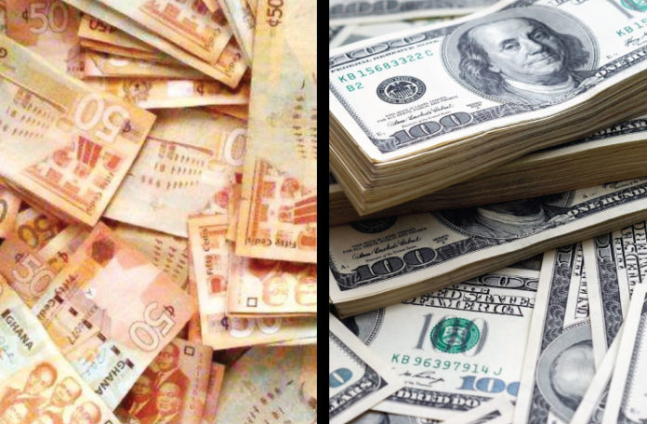
Audio By Carbonatix
Speculative demand for the dollar, payments to Independent Power Producers (IPPs) and contractors, faster growth in imports, corporate demand for dollars and seasonality pressures have underscored the cedi's bearish run.
According to GCB Capital, while the performance under the 3-year International Monetary Fund-supported programme has been impressive so far, with the macroeconomic and structural reforms broadly on track amidst the emerging signs of economic recovery, the local currency remains bearish.
It pointed out that the relatively stable start to the year has given way to patches of pronounced depreciation from late February into March 2024 and through May 2024, with the indicative US dollar/Ghana cedi retail rate drifting past the GH¢15/US$ market.
“The general macroeconomic uncertainties, Ghana's history of election-induced fiscal slippages, and the protracted negotiations around external debt exchange continue to fuel negative sentiments around the cedi's outlook in the near term, underscoring the rife speculative demand pressures on the FX market. Additionally, seasonality effects from the corporate sector, the sharper increase in the import bill through quarter one 2024, and IP-related and contractor payments, among other factors, have also enhanced Ghana cedi liquidity levels and continue to fuel speculative tendencies”, it added.
While the Bank of Ghana and the Ministry of Finance have deployed moral suasion as the main tool to calm sentiments, assuring investors of adequate reserves to meet the market's needs, GCB Capital said it appears investors will hold out for hard evidence of fiscal discipline to complement the recovery in other macroeconomic indicators.
“The pronounced revenue gap in quarter one of 2024 and the frontloaded expenditure for the period already yielded a higher primary deficit (on commitment) of 0.7% Gross Domestic Product (versus target:-0.2%). This fiscal outturn will require a stronger revenue performance through the remaining quarters of 2024 and a commitment to fiscal consolidation and expenditure rationalization to restore a balance, which is key for anchoring sentiments”, it continued.
“We welcome the targeted support to selected corporates to ease the FX [foreign exchange] pressure buildup and the partnership with the Ghana Association of Bankers to streamline documentation around foreign payments to minimise the incentives to resort to the parallel market”, it stated.
It concluded that beyond the clamp-down on advertised rates, stricter supervision and enforcement of foreign exchange rules could be more effective in quelling the speculative pressures.
Latest Stories
-
Leeds say boos during Ramadan pause ‘disappointing’
3 hours -
Premier League deletes Vicario social media post
3 hours -
Real Madrid beaten at home by Getafe for second successive loss
3 hours -
‘Clubs refused to look at me after my crash’ – Antonio on Qatar move
3 hours -
Mayweather to fight kickboxer before Pacquiao rematch
3 hours -
India and Canada reset ties with ‘landmark’ nuclear energy deal
4 hours -
Mahama should equally credit NPP for economic stability – Economist
4 hours -
Mbappe has knee sprain with no surgery planned
4 hours -
Interior Ministry releases funds to settle 2025 rent allowance arrears for security services
4 hours -
Ghana evacuates diplomatic staff from Iran; embassy shut indefinitely — Ablakwa
4 hours -
France to boost nuclear arsenal and extend deterrence to European allies
5 hours -
Chinese community in Ghana marks ‘Year of the Horse’ with grand new year festival
5 hours -
When regional instability becomes national risk: Ghanaian tomato traders killings
5 hours -
Photos: President Mahama meets Tanzania President Suluhu Hassan
5 hours -
Mahama calls for cessation of Iran-US-Israel conflict, urging return to dialogue
6 hours

